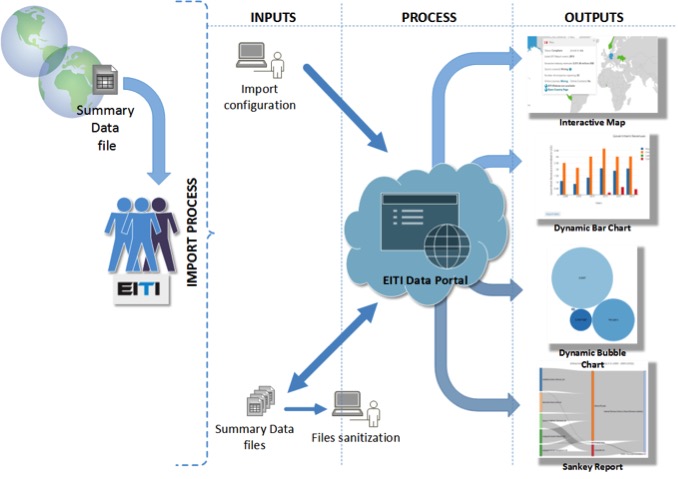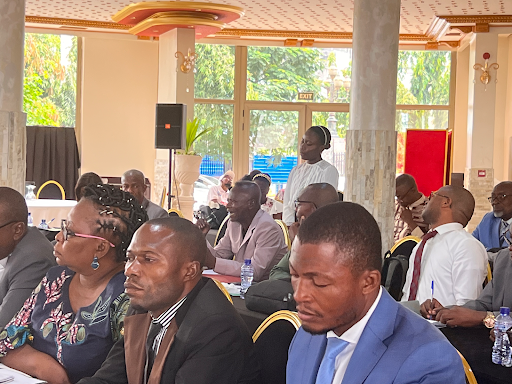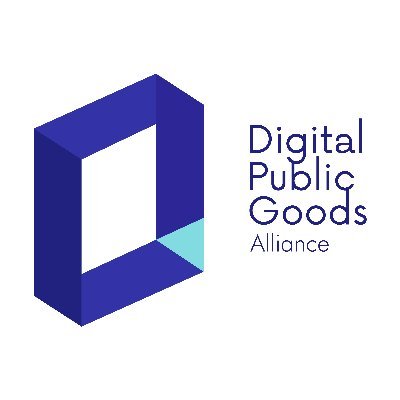Behind the Scenes of EITI.org
Last winter, DG began working with the Extractives Industries Transparency Initiative (EITI) Secretariat on the development of a new global data portal, in support of the initiative’s work. A central tenet of EITI is that greater openness around the management of natural resources is essential for public debate, engagement, and accountability to ensure that a country’s natural resources benefit its citizens.
With each of the 51 EITI member countries disclosing extensive data and information, there was great potential to increase the accessibility and usability of this data. We sought to maximize this opportunity by building out extensive front-end data visualizations, to better communicate EITI’s work, and bring extractives data “to life” for technical and non-technical users.
While “invisible,” no less important is the data portal’s back-end data management scheme. When creating these visualizations, one of the challenges we faced was ensuring data were available and up-to-date – challenging because different countries have different reporting schedules. To address this challenge, the DG team developed an automatic summary data import process to streamline the data input, validation, and dissemination process.
EITI candidate and member countries must send formatted summary data reports to the secretariat on a regular basis, that include data broken down by year. The automatic import process makes it easier for EITI staff to input this data, by allowing them to configure and automate which indicator (i.e., production or export volume) and government finance code (i.e., licenses or royalties) fields should be imported. Once the fields have been configured, the application runs an automated process, to determine whether or not all data included in the file has the required format, and whether existing data in the system must be updated, based on the new summary template information. The application can also apply conversions (i.e., currency, volume), and save this data to the database – EITI staff may also add non-summary report data (such as population) to the country profile, to provide additional context.

Diagram of the Automatic Summary Data Import Process
The result? A mighty back-end and data management process, which serve as a cornerstone for a highly interactive portal to disseminate extractive data – with outputs including an interactive map and customizable charts, to a country comparison tool and data export. As an organization, we take pride in developing high-tech visualizations to foster data literacy and use; but just as importantly, we are also committed to developing back-end features and procedures to ensure sustainability and scalability.
Share This Post
Related from our library

Stakeholder, Where Art Thou?: Three Insights on Using Governance Structures to Foster Stakeholder Engagement
Through our Tobacco Control Data Initiative (TCDI) program and its sister program Data on Youth and Tobacco in Africa (DaYTA), we have learned that creating governance structures, such as advisory boards or steering committees, is one approach to ensuring that digital solutions appropriately meet stakeholders’ needs and foster future stakeholder engagement. In this blog, we explore three insights on how governance structures can advance buy-in with individual stakeholders while connecting them to one another.

DG’s Open Contracting Portal Designated as a Digital Public Good
Digital Public Goods Alliance designated DG’s Open Contracting Portal as a digital public good in September 2022. The Portal provides procurement analytics that can be used to improve procurement efficiency and, in turn, reduce corruption and increase impact.

Challenging Pessimists—and Optimists—to Reimagine Data and Power
Josh Powell and Jenna Slotin reflect on the Data Values Project and building a movement for change in data for development.